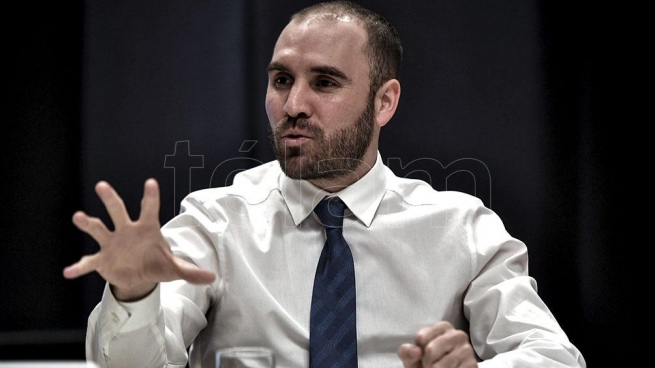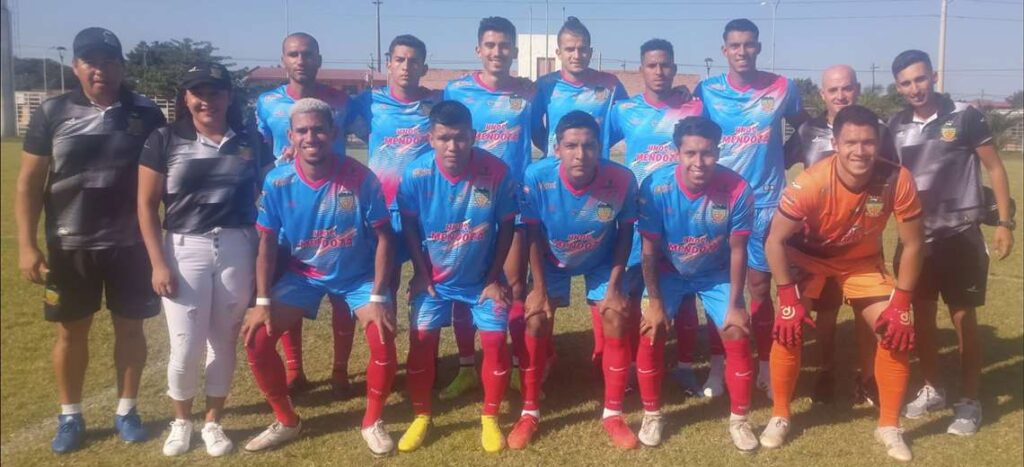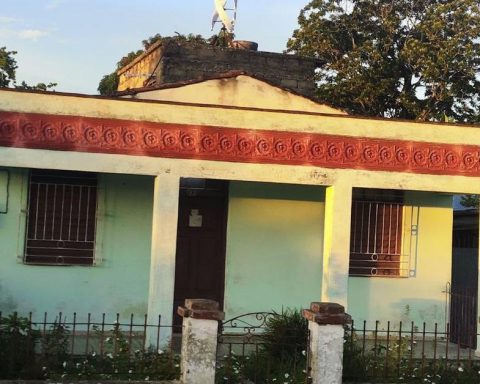The Minister of Economy, Martin Guzmanwill leave this Monday night for Washington D.C. to participate in the spring assembly of the IMF and the World Bank that will meet this Thursday and Friday, in which the ground will be prepared for the first review of the agreement with the multilateral organization, whose goals are set in the fiscal, monetary and accumulation of international reserves set for the first quarter “have been fulfilled,” according to the official.
In this sense, the minister affirmed that the Government already has the first quarter consolidated data and that “the economic policy that has been implemented has been aligned with what was planned“, since “the goals in the fiscal, monetary and the accumulation of international reserves have been met.”
“This is something important and of great value for stability and to be able to ensure a continuation of the economic recovery“, said the minister this Monday afternoon during a ceremony held in the White Room of the Casa Rosada, headed by President Alberto Fernandezin which they announced the granting of bonuses for $18,000 for informal workers, monotributistas and private homes, and $12,000 for retirees and pensioners.
In this regard, Guzmán said that these are “adaptations to the income and social protection policy”, but that everything is “framed in the context of the general economic program and what the Government manifests is a full commitment to comply with the programming economic”.
“The Government expresses full compliance on the fiscal, monetary and international reserves front that has been outlined,” he said, stressing that “the primary fiscal deficit in the first quarter was only 0.25% of gross domestic product” in line with the goals set in the program signed with the IMF.

During his stay in the United States, Guzmán will set the stage for the first official review of the refinancing program scheduled for May, at the same time that it will seek to obtain improvements in the financial conditions of the country, after the appearance of a new line of credit from the more flexible organism.
The official’s agenda will include meetings with Fund staff; his attendance at the G20 Finance Ministers Summit; the conclave of their G24 peers from developing countries; bilateral meetings and with investors from Argentina.
Meanwhile, the head of the Central Bank, Miguel Pesce, will participate virtually in the sessions from Argentina, while Gustavo Beliz and the Argentine ambassador to the US. Jorge Arguello will be part of the entourage in Washington DC.
On the eve, the IMF approved a new financing fund with more flexible conditions for countries (RST)rushed by the demands of the post-pandemic and the consequences of the world economy from the war in Ukraine.
The RST will provide regulatory support and affordable financing with longer maturities of 20 years and a grace period of 10½ years to help build resilience against long-term risks to balance of payments stability.” , according to a statement published on the agency’s website.
Presenting the new financing instrument, the head of the IMF, Kristalina Georgiev He stated that “we have worked extensively with our members and other stakeholders to design the RST.”
In that regard, he noted that “the reforms supported by the trust are also intended to catalyze increased financing from the private sector, donors, and other international financial institutions (IFIs). Close collaboration with the World Bank and other IFIs will be critical to the success of the RST”.
This fund will be operational as of May 1, and will have an initial capitalization of 45,000 million dollars, the equivalent of what Argentina received after the new one with the IMF, to pay the debt of the previous management program.
The Fund explained that “the RST will serve as the third pillar of the IMF’s lending toolkit, in addition to the General Resources Account and the Poverty Reduction and Growth Trust.”
In addition, the IMF detailed that “about three-quarters of the Fund’s member countries will be eligible for RST financing, including low-income members, as well as most middle-income countries and all small states in development”, like Argentina.
In the letter of intent to the Fund that Guzmán and Pesce signed for a new program in March, they explicitly requested the IMF an eventual review of the financing terms, if more flexible lines appeared after the agreement, such as the RST that at that time was was in full development, and whose launch was accelerated as a result of the situation of the war in Ukraine.
In any case, the slice that Argentina will be able to participate in will be much less than the loan approved in March, so little will be able to change the financial conditions.
But this new fund has diverse uses and the fate that the Argentine government will seek to give it, if it manages to qualify for it, remains to be seen.


















